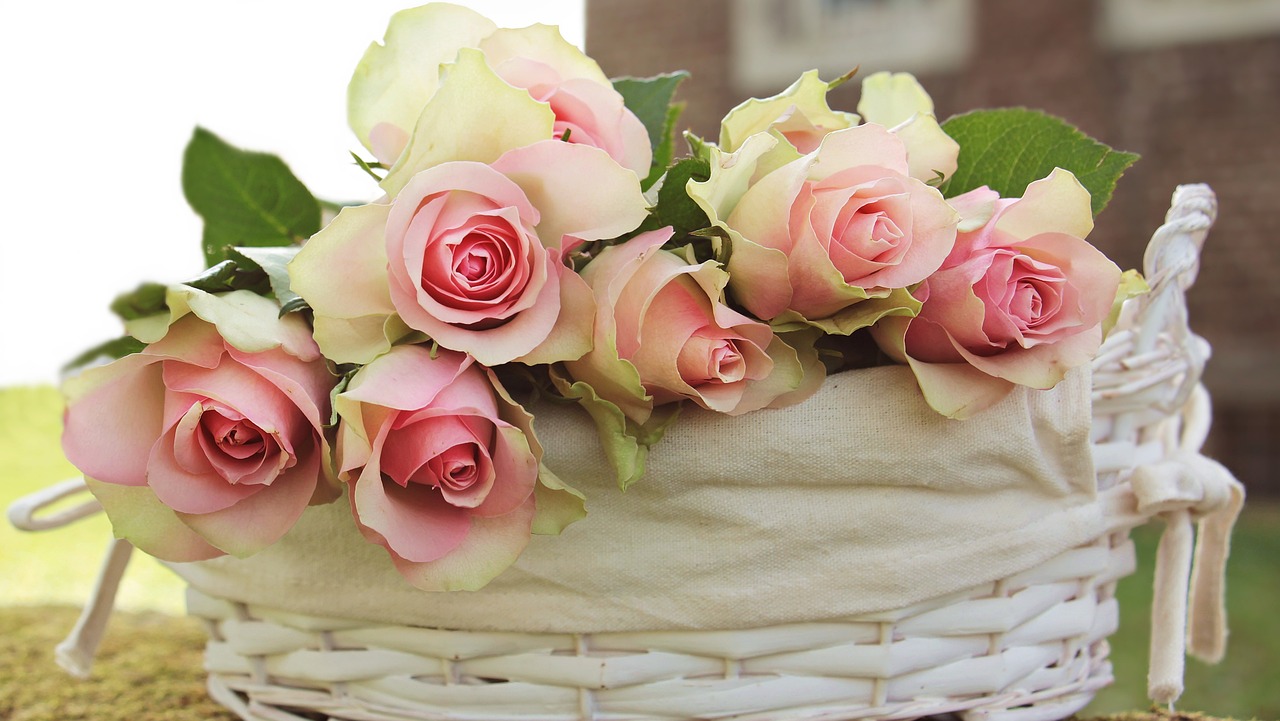Economy and business
The agreement between EU and Kenya is a risk to European roses

The trade agreement between the EU and Kenya signed on Monday (December 18) could affect the French and European horticultural industry, particularly the emblematic cut rose, which is already in a bad way in France, according to Euroactiv.
Does the Economic Partnership Agreement (EPA) signed on Monday (December 18) between Kenya and the EU sound like the death knell for the French and European roses?
“We’ve been taking the full brunt of globalization for a long time now, but if imports increase any further, it’ll be the final straw,” warns Michel Soto, one of the last cut rose growers in France, based in La Crau (Var).
Coffee, tropical fruit, vegetables… Kenya, a vast country in the Great Rift Valley with a variety of climates and fertile soils, exports mainly agricultural products to the EU, to the tune of 1.2 billion euros.
Above all, the country is a global heavyweight in flower production. It accounts for 30% of Europe’s imports, with the remainder coming from South America (Ecuador, Colombia) and Holland.
Its specialty? Cut roses, for which it has become one of the world’s leading exporters. In France, one out of every two roses sold for Mother’s Day, Valentine’s Day, or Christmas has grown in Kenyan greenhouses.
More imports from Africa
This trade agreement, launched in 2021, aims to “stimulate” trade by abolishing customs duties and quotas. More unofficially, it is intended to counter China’s “New Silk Roads” program, from which Kenya is beginning to benefit.
While it already enjoys privileged access to the European single market, under a first EPA between the EU and the East African Community (EAC) signed in 2014, the authorizations remain temporary, as researcher Olivier Ballesta notes in a recent study on the Kenyan rose. This new agreement would therefore perpetuate this free trade.
What’s more, the healthy state of Kenyan horticulture, the country’s fastest-growing sector, could further accentuate these flows. According to the same study, between 2014 and 2019, exports increased by 22.6% in value and 9.8% in volume.
Today, flowers account for 1.3% of Kenya’s GDP and roses for almost 1%, according to the Valhor interprofession. African roses will become a great problem for European ones.
European production is disappearing
“Fifteen years ago, there were 130 rose growers in the south of France; today, there are only 5 or 6. Imports have a lot to do with it,” Gille Rus, Development Director of the Marché aux fleurs d’Hyères, France’s leading cut flower market and Europe’s 4th largest, told Euractiv France.
According to him, a rose from Kenya fetches 20 or 30 centimes in France, whereas French growers sell them for twice as much.
With rising production costs—energy costs in particular—it’s difficult for growers to remain competitive. As a result, French production has collapsed, while demand remains relatively stable.
Other European countries are not to be outdone. While Holland remains an important market, the country now imports over 22% of its flowers from Kenya. Also, Italian flower cultivation is under threat.
EU and Kenya sign “historic” trade agreement
On Monday (December 18), Kenya and the European Union signed a trade agreement described as “historic” by Kenyan President William Ruto, the first major agreement since 2016 between the EU and the African continent, where Brussels wants to strengthen its economic ties in the face of China’s presence.
French producers also point to the low social and environmental standards in force in Kenya, compared to those in France and Europe.
“Everything we can’t do today, they do. They use phytoproducts, in particular insecticides, that have long been banned in France, argues Michel Soto. But this distortion of competition is not specific to Kenya. “We have the same thing in Spain,” he says, regretting the lack of European harmonization on this subject.
While European cultivations are restricted by limitations on water and chemical product usage, in Kenya, producers do not have any of these problems, and so production is much cheaper.
Also, cultivations are based on the eploitation of cheap feminine workers, in spite of wage gender equality.
For its part, the EU asserts that “this is the most ambitious economic partnership agreement the EU has signed with a developing country in terms of sustainability provisions.”.
Indeed, the agreement contains binding provisions on climate and environmental protection, in line with the Paris Agreements, as well as on labor law and gender equality. But the enforcement of this law is always superficial and won’t change the competitive advantages
The agreement must now be submitted to the European Parliament before it can be definitively adopted, and maybe Parliament will try to correct the distortions.






